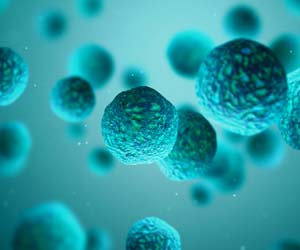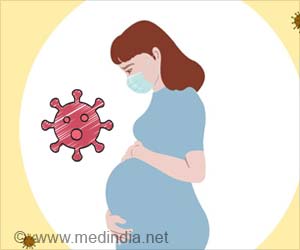COVID-19 vaccines developed by Moderna and Pfizer-BioNTech appear to work slightly better for men than for women.

‘With the remarkable efficacy of the coronavirus vaccines approved in the U.S., it is found that these COVID-19 vaccines developed by Moderna and Pfizer-BioNTech appear to work slightly better for men than for women. The role of lipid-based nanoparticles component used in the vaccines is speculated as one of the reasons for its lesser efficacy in women. However further research is required to fully understand the cause of and remedies to these differences.’





Earlier studies by the author support the evidence that viruses can transfect the cells of men and women differently. Hence the present article focused on the nanomedicine component (lipid-based nanoparticles) of the vaccines as a reason behind the difference in vaccine efficacy for men and women. It also outlines four large challenges in researching the role of sex in nanomedicine performance along with strategies to mitigate them moving forward. "We need to monitor these sex differences and report them to the scientific community and the public. It can be very helpful in developing future strategies and as we prepare for future threats. We need to be more careful about the science that gets out. We've witnessed that there has not been a robust consideration of sex in nanomedicine, but we need to consider sex because it is important," says Mahmoudi, an assistant professor in the Department of Radiology and the Precision Health Program.
Sex - Differences in Response to COVID-19 Vaccines
The use of nanomedicine had been focused mainly on treating cancer (especially in women) and had been lackluster in this realm. Despite their shortcomings in cancer therapies, nanoparticles have been greatly effective in helping protect against the novel coronavirus.
However small but measurable differences in vaccine efficacy among both sexes exist. In the case of the vaccine developed by the pharmaceutical company Moderna, clinical trials showed it was 95.4% effective at preventing COVID cases for men, compared with 93.1% for women. For the vaccine created by Pfizer and BioNTech, the numbers are 96.4% for men and 93.7% for women.
Advertisement
Mechanism of Lipid- based Nanoparticles
Advertisement
These NK cells responded to lipid-based nanoparticles in a sex-specific manner, where female donors took up fewer nanoparticles than natural killer cells from men. This suggests the fact that the immune systems of men and women would respond differently to the vaccine.
Nevertheless, these differences were shown to be eliminated by first putting the nanoparticles in a donor's plasma, the cell-free portion of their blood sample. It is speculated that these proteins in the plasma can bind to the lipid-based nanoparticles, thereby giving the nanoparticle a biological coating or corona for further response to the nanoparticles.
The study thereby highlights the fact that if there are differences in the vaccines' performance based on a patient's sex, doctors and researchers should be able to do something about it. However more research and data are required to fully understand the cause of and remedies to these differences.
"The clinical trials were performed with tens of thousands of patients. We know that the differences are there and that we need to monitor them. Now we have millions of people getting the vaccines. That's millions of data points. We need to go out there and get them," says Mahmoudi.
Source-Medindia














